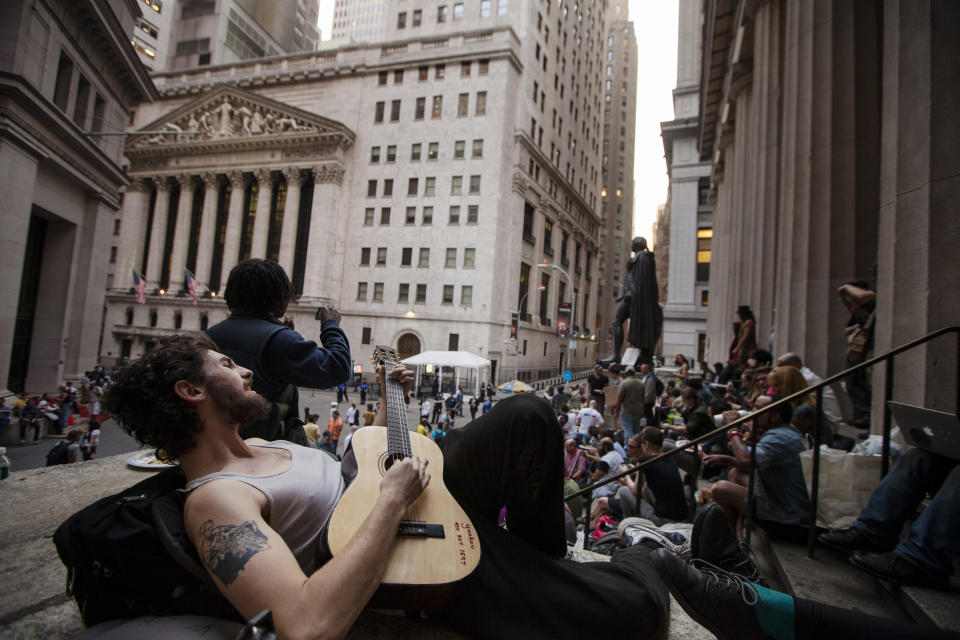Google Jigsaw CEO: 'Revolutions are now easier to start but a lot harder to finish'
The CEO of Google’s Jigsaw project, which studies the implications of technology on geopolitics, detailed how social media has impacted political revolution.
Speaking at the 2017 Web Summit conference in Lisbon, Portugal on Tuesday, Jigsaw CEO Jared Cohen explained that the sudden proliferation of individual voices and increased visibility of popular movements has led to a “signal to noise challenge” that confuses both governments and revolutions.
‘This is very confusing to governments’
Now that many people have multiple email accounts, phone numbers, and internet personas, Cohen explained, “this is very confusing to governments.” Furthermore, “the whole process of movement making changes” as “movements used to begin in private now unfold in public.”
Cohen added that while modern movements can gain momentum quickly, they often lack consistent leadership over time.
“Revolutions are now easier to start, but they’re a lot harder to finish,” Cohen said. “And they’re a lot harder to finish because the accelerated pace of movement making is, in some respects, slowing down leadership development at the grassroots level. Which is why we get all of these sort of unlikely leaders… or just these leaderless movements altogether.”

‘There’s not a lot else that they agree on’
Cohen added that technology “raises the expectations” of any revolution, but the movement can collapse on itself if rapid scale is achieved without a corresponding consensus of what to do in the medium and long term.
“It’s very easy for large numbers of people to organize around the lowest common denominator, which is often what’s something we don’t like — a particular leader in many cases,” Cohen said. “And then it turns out after that, there’s not a lot else that they agree on. And this represents one of the seminal challenges that we’ve learned from this past decade.”
Consequently, as seen during Occupy Wall Street and the Arab Spring, viral movements can eventually be co-opted, disrupted, or generally overcome by the (often more powerful) party that is being protested.
READ MORE:
What tech companies can do — within reason — to combat terrorism
Terrorism experts: Here’s how tech companies should see the problem
